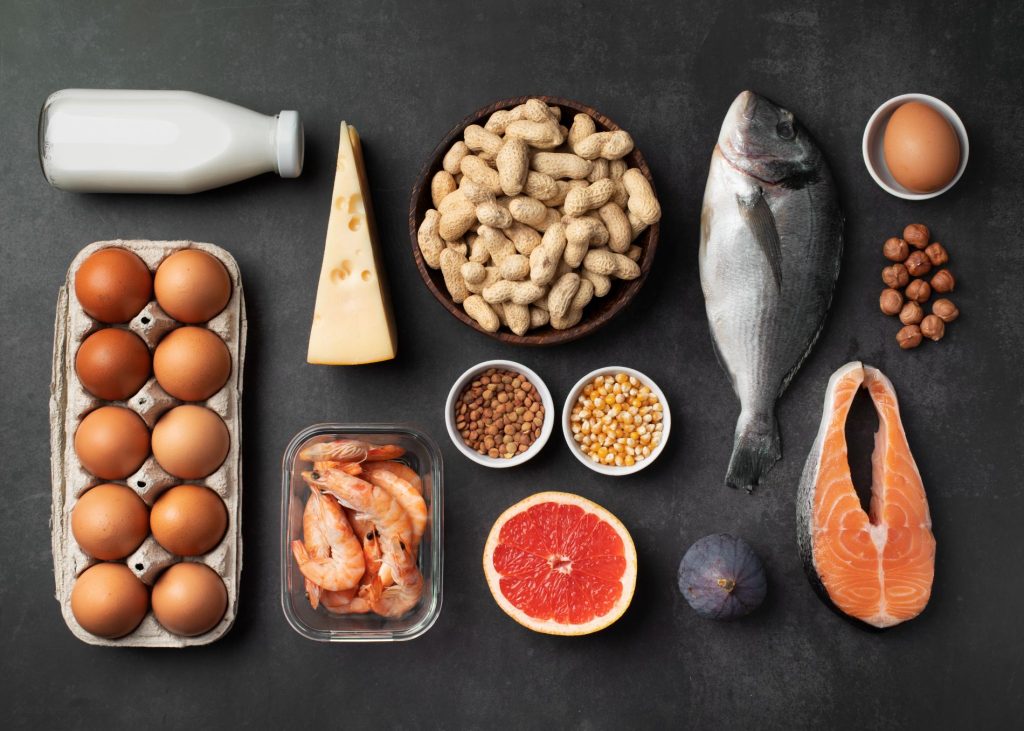
First, there are two types of fiber, soluble and insoluble. Soluble fiber dissolves in water to form a gel like substance that grabs food, sugar, and fat and carries them through the digestive tract. Insoluble fiber does not dissolve in water, so this type of fiber increases stool bulk and the movement of material through the digestive tract.
We dispense the appetite suppressant Phentermine to most of our patients at Olivera Weight Loss. It is very important to get enough fiber while taking Phentermine to reduce the incidence of constipation. But preventing constipation is only one of the many benefits of dietary fiber. Here are just a few more reasons to increase your intake of beans and broccoli!
- Help Maintain a Healthy Weight: Foods high in fiber fill you up faster. Therefore you need to eat less to feel satisfied. Additionally, many foods high in fiber are low in calories, fat, sodium and refined sugar. Fibrous foods often require more chewing time, allowing your body time to register a feeling of fullness. This helps reduce the chance of overeating.
- Regulates Bowel Movements: Dietary fiber can increase the weight and size of your stool, and that prevents constipation by making stool easier to pass. On the other hand, if you have loose stools or diarrhea, fiber can also help because it absorbs water and adds bulk at the same time.
- Helps Control Blood Sugar: Soluble fiber slows the absorption of sugar and prevents a spike in blood glucose after a meal. This helps keep blood sugar, insulin and energy levels stable throughout your day.
- Lowers “Bad” Cholesterol: Soluble fiber binds to bile acids (with the toxins, cholesterol and fat that it contains). Soluble fiber cannot be absorbed, nor can the contents it is bound to. These are eliminated from the body in a bowel movement. Bile acids are made from the cholesterol that is stored in our blood, so more of your cholesterol is used up by replenishing the bile acids that have been eliminated. Thus, you have an overall reduction in blood cholesterol levels.
- Maintains Healthy Bowels and Boosts Immunity: A high fiber diet may prevent hemorrhoids and small pouches in the colon, known as diverticular disease. More than half the body’s immune system lies within the gastrointestinal system. Some undigested dietary fiber passes into the large intestine and feeds the “friendly bacteria” that live there. Fiber helps the friendly bacteria grow and triumph over the bad bacteria. This is important because friendly bacteria in the colon keeps the immune system ready to fight off invading pathogens more effectively.
Recommendations for daily fiber intake range from 25-40 grams for an adult, however the average American only gets 8-15 grams! To ensure you are getting enough fiber eat a variety of foods including:
- Legumes (Beans, lentils, peas)
- Fruits (Bananas, apples, oranges)
- Vegetables (Broccoli, cauliflower, cabbage, beets, carrots)
- Whole Grains (oatmeal, bran, brown rice, barley, wheat)
Here are some great tips for meal planning to get some extra fiber into each meal.
Breakfast:
- Oatmeal topped with slices of banana instead of processed cereal
- Frozen berries, a handful of greens and half a banana in a smoothie
- Almond butter on your toast instead of jelly
- Add black beans and salsa to your eggs
Lunch:
- Bean and lentil based soups; squash soups in the fall and winter
- Sprinkle a small handful of nuts or seeds on top of your salad
- Add black beans and corn to your salad for a more Southwest feel
Dinner:
- Start dinner with a small side salad
- Whole wheat or quinoa pasta instead of white pasta
- Sautee your veggies with garlic and onion
Snacks:
- One piece of fruit
- Almonds, walnuts, pecans, pumpkin seeds (just keep it to ¼ cup)
- Black bean dip with carrots and celery
- Hummus with veggies
A Few Words of Caution: Take it slow! Adding too much fiber in a short period of time can cause excess bloating, gas and abdominal cramps. So increase fiber gradually by trying one or two new ideas each week to avoid gastrointestinal distress. And don’t forget to hydrate! Without adequate hydration, fiber can aggravate rather than alleviate constipation. Drink at least 8 glasses of water a day to keep things moving (especially if you are taking Phentermine)!
With a little meal planning and a few new items on your grocery list, you’ll be well on your way to reaching your daily fiber requirements with healthy and delicious foods!
Teresa M, RN






